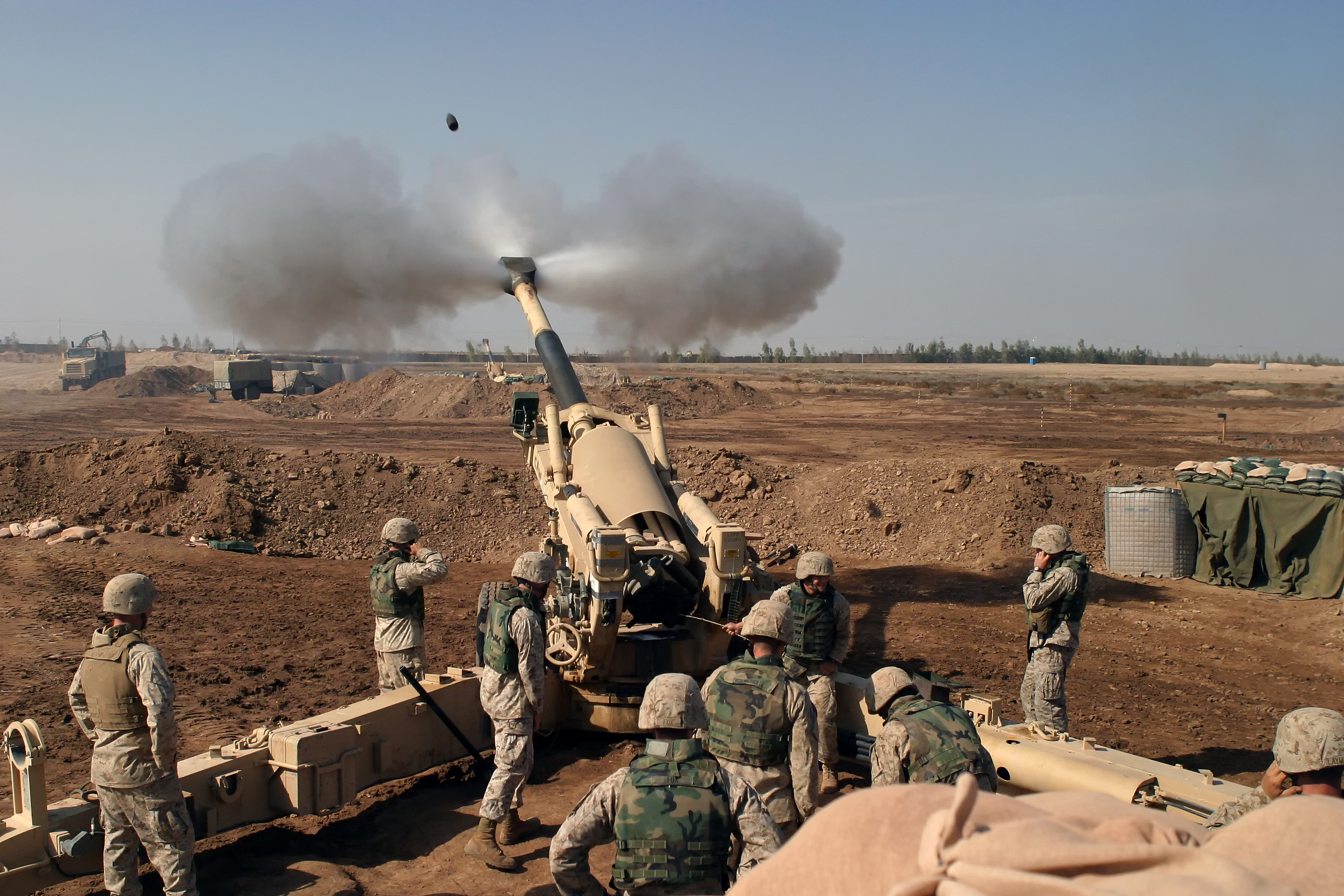
The birthdays of George Washington and Abraham Lincoln will be celebrated in various ways today and school children around the United States will celebrate a week’s vacation.
But we at Engaging Peace want to celebrate another American president, a man of character and honor who has worked tirelessly for peace and social justice: Jimmy Carter. He is a man of rare principle, whose message of peace and brotherhood has been matched by his deeds.
President Carter is a model of moral engagement.
He does not use euphemistic language when referring to aggression by America and its allies.
He chastised the Bush administration for using “lies and misrepresentations” to involve the U.S. in an unjust Iraq war, has urged the closing of the Guantanamo Bay prison and an end to its human rights abuses, and has criticized the use of drones to murder terrorist suspects and to spy on Americans.
Moreover, he is not just a talker but a doer, a man of moral agency. As President, for example, Carter:
- Brokered the Camp David Accords, a peace agreement between Egyptian President Anwar El Sadat and Israeli Prime Minister Menachim Begin
- Signed the Strategic Arms Limitation Treaty II with Leonid Brezhnev of the Soviet Union, despite enormous criticism from war hawks who considered efforts to limit nuclear proliferation a “sell out.”
Post-Presidency, he has:
- Established, with his wife Rosalyn, the Carter Center, a nongovernmental nonprofit organization devoted to advancing human rights
- Served as a peace ambassador in many troubled parts of the world.
Not surprisingly, Carter has many vocal critics—members of the power elite, the military-industrial complex, the war profiteers, and idolizers of bullies who are terrified at the prospect of a man of peace being a role model for the American people.
Despite what those critics do to detract from Carter’s image and his quest for peace and social justice, he is a President who earned and continues to be worthy of his Nobel Peace Prize.
Kathie Malley-Morrison



